Picture of Archimedes
Corbis-Bettmann. From photograph of sculpture in the National Museum, Naples.
Archimedes
Archimedes was a Greek mathematician and engineer who lived between
287-212 B.C. His greatest contributions are in the field of geometry, where he identified the relationship of a sphere and cylinder's volume.
Archimedes discovered the principle of the lever and the importance of
the fulcrum, stating imperiously,
"Give me a lever and I can move the world". He is also credited with the
buoyancy principle, which gives the weight of an object floating in a liquid
based on the weight of liquid the object displaces.
Legend has it that Archimedes developed war machines for Greece, such
as catapults, cranes, and giant lenses which focused sunlight to burn
Roman ships in the Rome-Carthage war.
You might also be interested in:
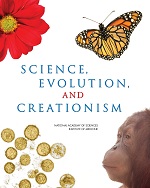
How did life evolve on Earth? The answer to this question can help us understand our past and prepare for our future. Although evolution provides credible and reliable answers, polls show that many people turn away from science, seeking other explanations with which they are more comfortable.
...more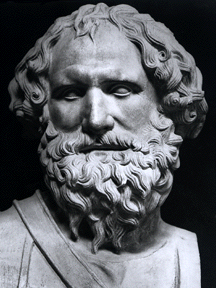
Archimedes was a Greek mathematician and engineer who lived between 287-212 B.C. His greatest contributions are in the field of geometry, where he identified the relationship of a sphere and cylinder's
...more
Aristotle was a Greek philosopher who lived between 384-322 B.C. He was one of the greatest thinkers of the world and his written works encompassed all major areas of thought: logic, science, metaphysics,
...more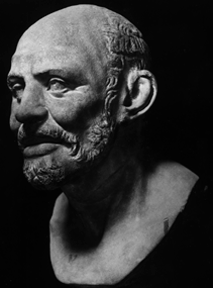
Democritus was a Greek philosopher who lived between 470-380 B.C. He developed the concept of the 'atom', Greek for 'indivisible'. Democritus believed that everything in the universe was composed of atoms,
...more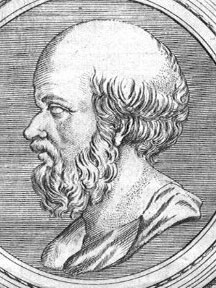
Eratosthenes was an ancient Greek astronomer, geographer, and mathematician. He lived from 276 to 194 B.C. Eratosthenes is most famous for making the first accurate measurement of the circumference of
...more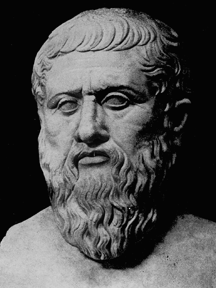
Plato was a Greek philosopher who lived between 427-327 B.C. In 387 B.C., he founded the Academy in Athens, a school which flourished for about 1,000 years and made many important scientific and mathematic
...more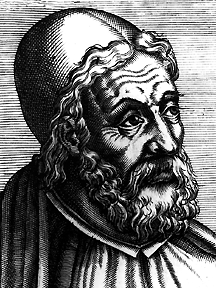
Ptolemy was a Greek astronomer who lived between 85-165 A.D. He put together his own ideas, those of Aristotle, and Hipparchus' system of epicycles and eccentric circles, to formulate the geocentric theory.
...more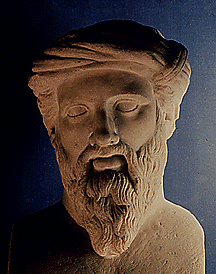
Pythagoras was a Greek philosopher who lived between 580-520 B.C. He founded a philosophical and religious school in Croton, which made outstanding contributions to the field of mathematics. Pythagoras
...more














